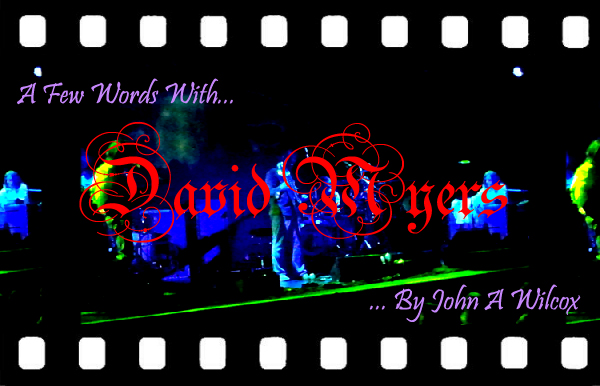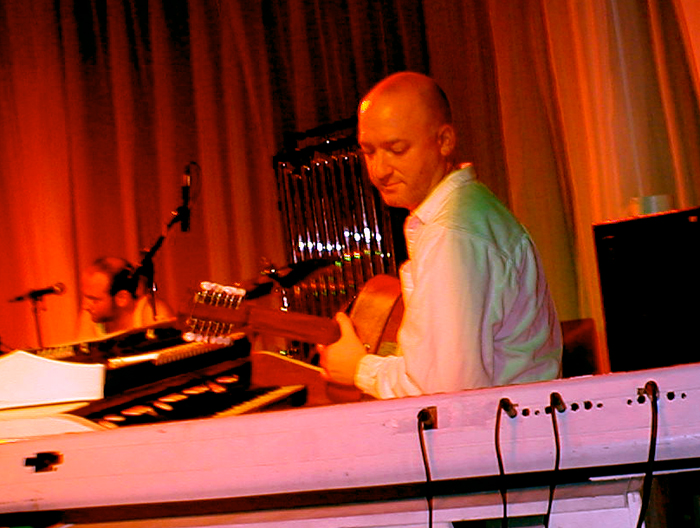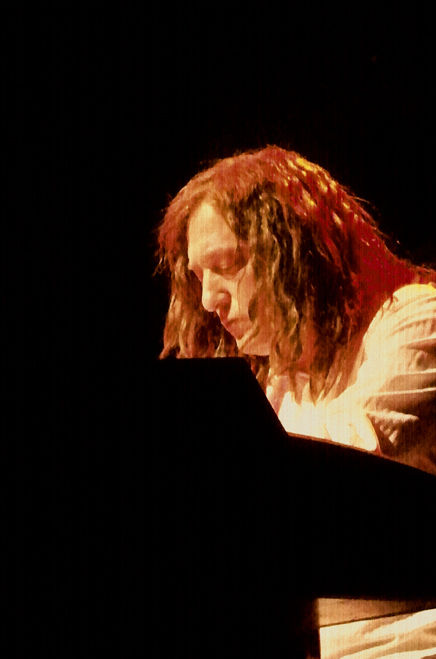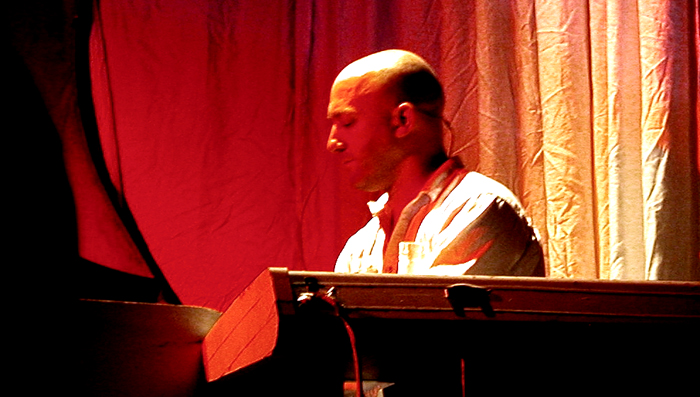

The first time I saw David Myers play with The Musical Box, I was absolutely floored! He played every Tony Banks part with confidence, accuracy, and with a loving touch - capturing every nuance, every subtle touch. It is our pleasure to take you inside the mind behind the fingers. Ladies and gents, Mr David Myers...


